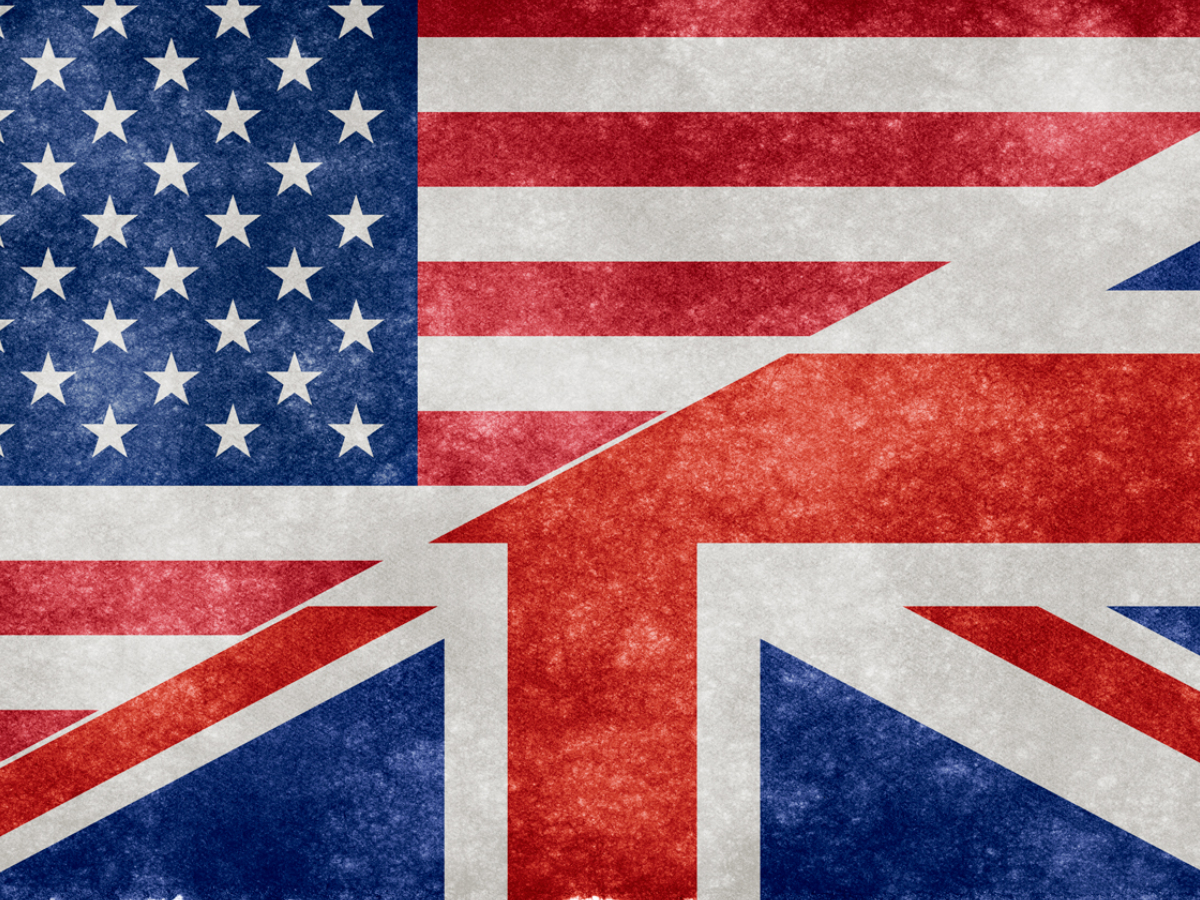
Source: Flickr/Creative Commons
Which is more popular in Japan; British English or American English?
- Tags:
- Language
Related Article
-

A look at the Tokyo museum just for bizarre Japanese-to-English mistranslations
-

Cat and futon blown in the wind adorably brings Japanese pun to life
-

Japanese Fans Aren’t Too Happy About A Reporter Asking Naomi Osaka To Answer In Japanese
-

Japanese Student Translates Trump Tweets For English Practice, Learns The Best Words
-

Japanese Twitter User Finally Finds Use For “Most Useless English Sentence”
-

Pool Player Naoyuki Oi Gives The Greatest Interview Ever


As a Brit living in Japan, I’ve found myself on a number of occasions needing to defend my version of English against those from other nations, namely those that form the core Anglosphere – Australia, Canada, New Zealand and the United States
Back home, I recall intrigue for accents and dialects from across the pond(s) generally being positive, but for whatever reason, once we step outside of our motherland there is a sort of unspoken hostility in the air over ‘who says what best’.
Though the tension is only between us English speakers, it seems that the blame actually lies with those involved in the industry of studying the language, as pupils and teachers try to sort the variations of our language into groups of something along the lines of ‘most understood internationally’ or ‘easier to understand’.
This often leads to unnecessary and somewhat childish conversations over who speaks the better version of English (I mean, I thought I left the talks about pants versus underwear back in my teens, but somehow they’ve resurfaced in Japan).
On the extreme spectrum of which English is better, some English language schools will even require their teachers to teach a certain type of English regardless of where they actually hail from, this can lead to both stress on the teacher and limitations to the students' capabilities.
It can also lead to students not realising there are more versions of English than the one they are learning, a good example of this was when I introduced myself to a Japanese native in Yamaguchi. She asked where I was from, and when I replied England, she asked me what language we spoke there. At the time I was so shocked, and I kept playing the scenario over and over again, ‘how could somebody not realise that English comes from England?’
At the end of the day, we should really just be accepting of each other’s versions of English. There is really no right or wrong, but alas, people will be people.
Nobody’s really taking count, but a recent survey conducted by English conversation app Native Camp asked students of the language to state which, out of American English and British English, they preferred and why.
Of the 436 Native Camp users who took part in the survey, 78.2% chose American English, whilst 21.8% favoured British English. These numbers don’t really surprise, when noticing the majority of schools and eikaiwas across the country prefer to teach American English.
But what’s actually interesting is the reasoning why these students prefer one type of English over the other.
The following is a list of the most popular reasons given by those who chose American English.
– “Because American English is easy to hear.”
– “I have the impression that it is more commonly used across many countries.”
– “I was learning American English at school so American English is more familiar.”
– “Because I watch American English movies, dramas, etc.”
– “Because American English is used by more people worldwide.”
The reasons why those who choose British English are listed below.
– “British English is more polite”
– “Because I like the pronunciation of British English.”
– “Because I want to learn traditional English.”
– “Because British English is more authentic, it sounds intelligent.”
– “British English is better. It feels graceful and noble, and it's easy to pronounce.”
Some of these reasons do feel a little biased or based on stereotypes, for example, I’ve never felt worried about travelling across the world just because I speak British English instead of American English – In fact, most of the times I’ve travelled internationally I’ve worried more about knowing a few phrases in the language of the country I’m visiting rather than whether my English will be understood by the locals.
But it may also be true that American English is at least more widely broadcast across the world than British English.
I would also disagree that British English is easier to pronounce, but that’s down the individual decide.
I myself find the categorization of English to be annoying to a degree, as well as quite disrespectful.
Sure, when I was younger I may have joked around about the way things are said outside of Britain, but as I’ve gotten older I’ve found myself adopting ‘Foreign English’ words, and thereby expanding my personal lexicon and pronunciation instead of limiting it.
It seems to me that if English is such an international language, then it shouldn’t really have these borders set up that confines it to one region or another.
After all, ‘Tomayto Tomahto’ right?
As for a lot of the English-sounding foreign loan words found in the Japanese language, what many don’t realise is that these words such as ‘アルコール’ ‘コーヒー’ and ‘ポン酢’ originated not from American, British, or any other form of English, but from Dutch. That’s a subject for an entirely different day, but if you are interested, wikipedia has a glossary of Japanese terms that have Dutch origins.